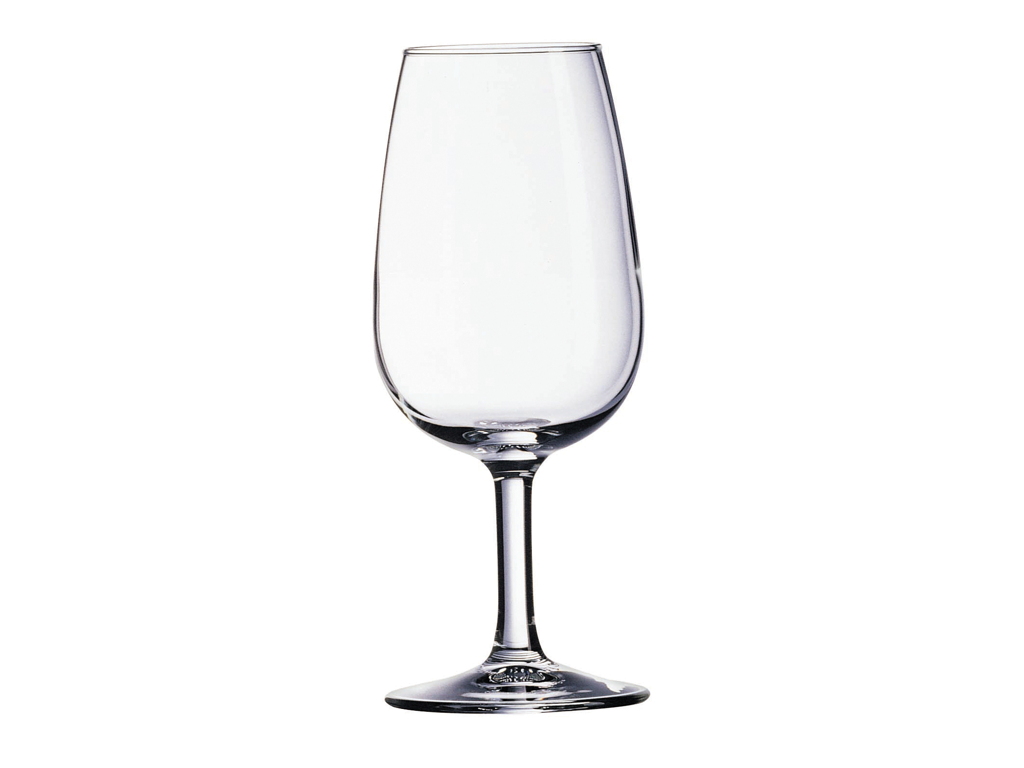The Health Benefits of Moderate Wine Consumption.
- 2024-04-07 05:00:00

Wine, often celebrated for its cultural significance and sensory pleasures, has also garnered attention for its potential health benefits when consumed in moderation. From heart health to longevity, let's explore the science behind the positive effects of moderate wine consumption on overall well-being.
- Heart Health: Numerous studies suggest that moderate wine consumption, particularly red wine, may have cardioprotective effects. Resveratrol, a compound found in grape skins, has been linked to improved cardiovascular health by reducing inflammation and lowering LDL (bad) cholesterol levels. Additionally, the polyphenols in wine, such as flavonoids and tannins, may help promote healthy blood vessel function and reduce the risk of blood clots.
- Antioxidant Properties: Wine contains antioxidants, such as resveratrol and flavonoids, which help combat oxidative stress and protect cells from damage caused by free radicals. These antioxidants may play a role in reducing the risk of chronic diseases such as cancer, Alzheimer's, and diabetes, as well as slowing the aging process and promoting overall longevity.
- Improved Cognitive Function: Some research suggests that moderate wine consumption may support brain health and cognitive function. Resveratrol, in particular, has been shown to have neuroprotective effects, potentially reducing the risk of cognitive decline and neurodegenerative diseases like Alzheimer's and Parkinson's.
- Bone Health: Studies have suggested that moderate wine consumption may be associated with improved bone mineral density and reduced risk of osteoporosis, particularly in postmenopausal women. The silicon content in wine, along with its anti-inflammatory properties, may contribute to better bone health and fracture prevention.
- Stress Reduction: Enjoying a glass of wine in moderation has long been associated with relaxation and stress relief. The ritual of wine drinking, combined with the presence of alcohol and certain compounds like resveratrol, may help promote feelings of well-being and reduce stress levels when consumed mindfully and in moderation.
It's important to note that the health benefits of wine are most pronounced when consumed in moderation, which typically means one glass per day for women and up to two glasses per day for men. Excessive alcohol consumption can negate any potential health benefits and may increase the risk of alcohol-related health problems, including liver disease, addiction, and certain cancers.
In conclusion, while wine should never be seen as a substitute for a healthy lifestyle or medical treatment, moderate consumption as part of a balanced diet may offer several potential health benefits. By savoring wine in moderation, individuals can enjoy its sensory pleasures while possibly supporting their overall health and well-being. As always, it's essential to consult with a healthcare professional regarding alcohol consumption, especially for individuals with specific health conditions or concerns.
Richard Parker, California
-
Recent Posts
-

Tequila, the elixir of agave, transcends mere libation to become a symphony of science, art, and alchemy. Join us on an expedition through the intricate world of tequila, where molecules mingle, flavors...
-

Rum, with its rich flavors and storied past, has woven itself into the tapestry of cultures and traditions around the world. From its origins in the sugarcane fields of the Caribbean to...
-

Vodka, with its clear, pure appearance and versatile nature, has a history as fascinating and diverse as the cultures that have embraced it. From its mysterious origins in Eastern Europe to its...
-

Whisky, with its complex flavors and rich heritage, has captured the hearts and palates of people around the world for centuries. From its humble beginnings in ancient civilizations to its global prominence...
-

Cider, with its crisp and refreshing taste, has a history as rich and diverse as the apples from which it's made. From its ancient roots to its modern resurgence, cider has been...
-

Wine, with its rich tapestry of flavors, aromas, and cultural significance, has been an integral part of human history for millennia. From its humble origins in ancient Mesopotamia to its global prominence...
-

Wine isn't just for drinking—it's also a versatile and inspiring medium for crafting and décor. Whether you're looking to add a touch of wine-inspired charm to your home or seeking unique gift...
-

There's no better way to explore the world of wine than by gathering friends and loved ones for a wine tasting party. Whether you're a seasoned oenophile or a curious novice, hosting...
-

Wine, with its complexity and nuance, is a beverage cherished for its ability to delight the senses and evoke a myriad of flavors and aromas. However, like any agricultural product, wine is...
-

Selecting the right wine glass can significantly enhance your enjoyment and appreciation of wine, allowing you to fully experience its aromas, flavors, and nuances. With a wide array of shapes, sizes, and...
-

Nestled in the picturesque hills of the Veneto region in northeastern Italy lies the charming town of Conegliano, renowned as the birthplace of Prosecco and the epicenter of Italy's thriving sparkling wine...
-

Champagne, the quintessential sparkling wine synonymous with celebration and luxury, is crafted through a meticulous and time-honored winemaking method known as the Méthode Champenoise. From grape to glass, the journey of Champagne...